WHY DO YOU NEED TO BE CONFIDENT?
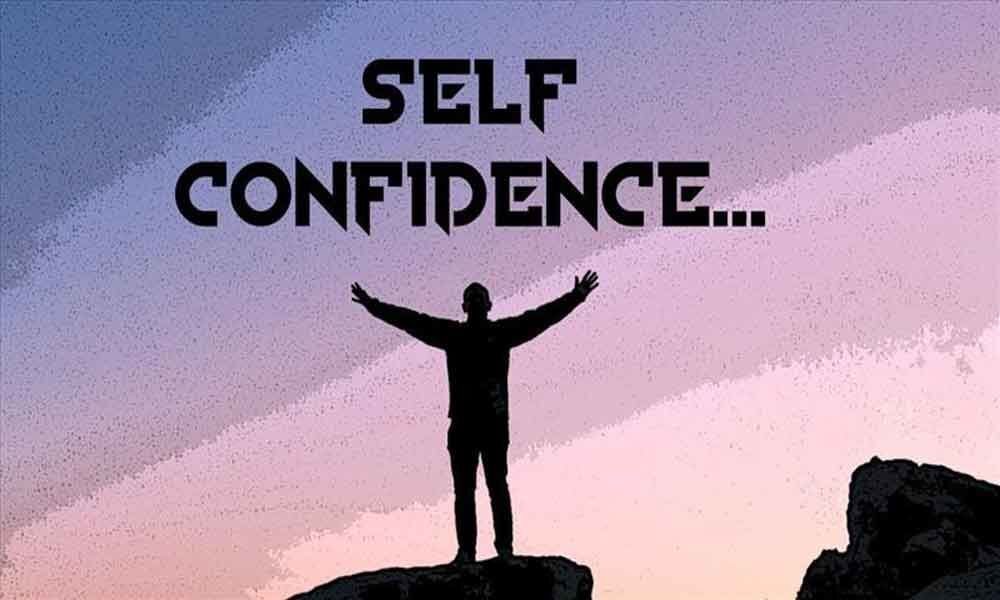
Self confidence is a vital component of success and personal growth. It influences how we perceive ourselves, how others see us, and how we navigate through life. However, many people struggle with self-confidence, which can lead to missed opportunities and a diminished quality of life. Fortunately, self-confidence is not an innate trait that some people have, and others don’t. It can be developed and strengthened through deliberate practices and strategies. This blog will explore various strategies to help boost your self-confidence, allowing you to achieve your goals and lead a more fulfilling life.
1.UNDERSTAND THE ROOTS OF YOUR INSECURITIES

The first step in building self-confidence is understanding where your insecurities come from. These may stem from past experiences, societal pressures, or internalised negative beliefs. Reflect on moments when you felt unsure of yourself. Was there a specific event or person that contributed to this feeling? Understanding the root cause can help you address it more effectively.
Action Step:
Take some time to journal about your insecurities. Write down the thoughts and feelings that arise when you think about areas where you lack confidence. This can help you identify patterns and triggers.
2. Set Realistic and Achievable Goals

Setting small, achievable goals is a great way to build confidence. When you accomplish something, no matter how minor, it gives you a sense of achievement and boosts your self-esteem. Over time, these small wins can add up, creating a positive feedback loop that reinforces your self-confidence.
Action Step:
Break down larger goals into smaller, manageable tasks. For example, if your goal is to improve public speaking, start by speaking in front of a small group, then gradually increase the audience size as you become more comfortable.
3. Develop a Positive Mindset
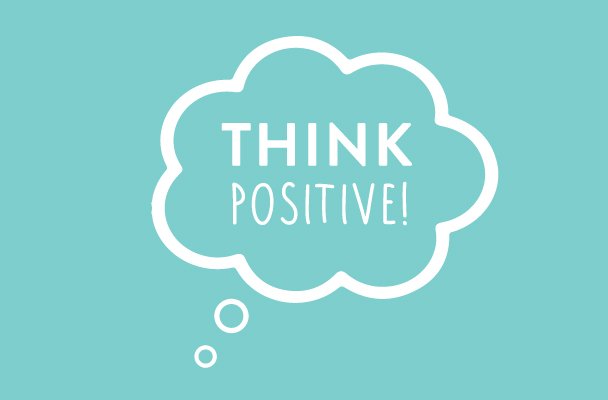
Your thoughts have a powerful impact on your confidence. Negative self-talk can sabotage your efforts to build self-esteem. Instead, focus on cultivating a positive mindset. Replace negative thoughts with positive affirmations, and practice gratitude for what you have achieved.
Action Step:
Create a list of positive affirmations that resonate with you. Repeat them daily, especially when you’re feeling doubtful or insecure. Examples include, “I am capable,” “I deserve success,” and “I am worthy of love and respect.”
4. Embrace Failure as a Learning Opportunity

Fear of failure is a common reason for low self-confidence. However, failure is an inevitable part of life and an essential component of growth. Instead of fearing failure, learn to embrace it as a learning opportunity. Each setback offers valuable lessons that can help you improve and become more resilient.
Action Step:
When you experience failure, take time to reflect on what went wrong and what you can learn from the experience. Use this knowledge to adjust your approach and try again.
5. Surround Yourself with Positive Influences

The people you surround yourself with can have a significant impact on your self-confidence. Negative, critical individuals can drain your energy and reinforce your insecurities, while positive, supportive people can uplift you and encourage your growth.
Action Step:
Evaluate your social circle and identify people who bring positivity into your life. Make an effort to spend more time with them, and distance yourself from those who undermine your confidence.
6. Take Care of Your Physical Health

Your physical health is closely linked to your mental and emotional well-being. Regular exercise, a balanced diet, and adequate sleep can all contribute to higher self-confidence. When you feel good physically, you’re more likely to feel good about yourself.
Action Step:
Incorporate regular physical activity into your routine, even if it’s just a daily walk. Pay attention to your diet, and make sure you’re getting enough sleep each night. These simple habits can have a profound effect on your confidence.
7. Dress for Success

The way you present yourself can influence how you feel about yourself. Dressing well can boost your confidence and make you feel more capable and in control. This doesn’t mean you need to wear expensive or flashy clothing, but rather that you should dress in a way that makes you feel good about yourself.
Action Step:
Take time to curate a wardrobe that reflects your personal style and makes you feel confident. Pay attention to grooming and hygiene as well, as these can also impact your self-esteem.
8. Practice Self-Compassion

Self-compassion involves treating yourself with the same kindness and understanding that you would offer a friend. When you make a mistake or fall short of your expectations, resist the urge to be overly critical. Instead, acknowledge your imperfections and offer yourself grace.
Action Step:
When you catch yourself engaging in negative self-talk, pause and reframe your thoughts. Ask yourself how you would respond if a friend were in your situation, and offer yourself the same compassion.
9. Step Out of Your Comfort Zone
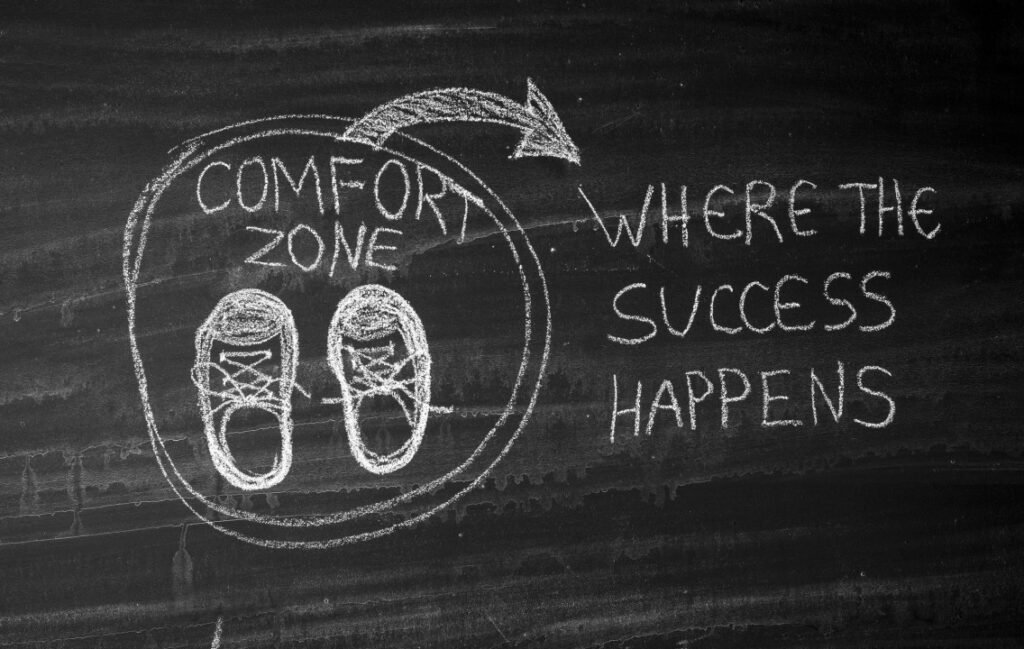
Growth and confidence often come from pushing your boundaries and stepping out of your comfort zone. While it can be intimidating, challenging yourself in new ways can lead to significant personal development and increased self-esteem.
Action Step:
Identify an area where you’ve been hesitant to take action due to fear or uncertainty. Commit to taking one small step in that direction, whether it’s speaking up in a meeting, trying a new hobby, or reaching out to someone you’d like to connect with.
10. Celebrate Your Successes
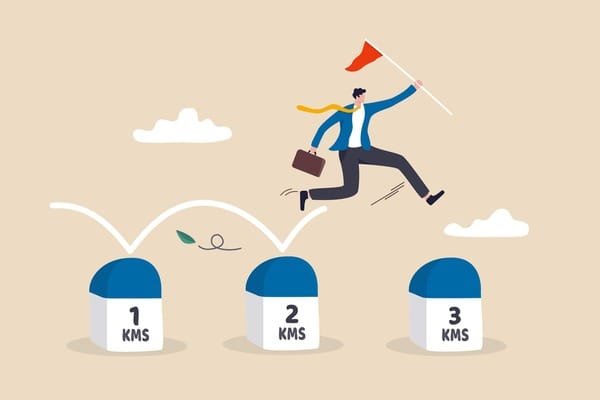
It’s easy to focus on what’s not going well and overlook your achievements. However, celebrating your successes, no matter how small, is crucial for building self-confidence. Recognizing your accomplishments reinforces your belief in your abilities and motivates you to continue striving for more.
Action Step:
Keep a success journal where you record your achievements, big and small. Review it regularly to remind yourself of what you’re capable of, especially during moments of self-doubt.
11. Practice Mindfulness and Meditation
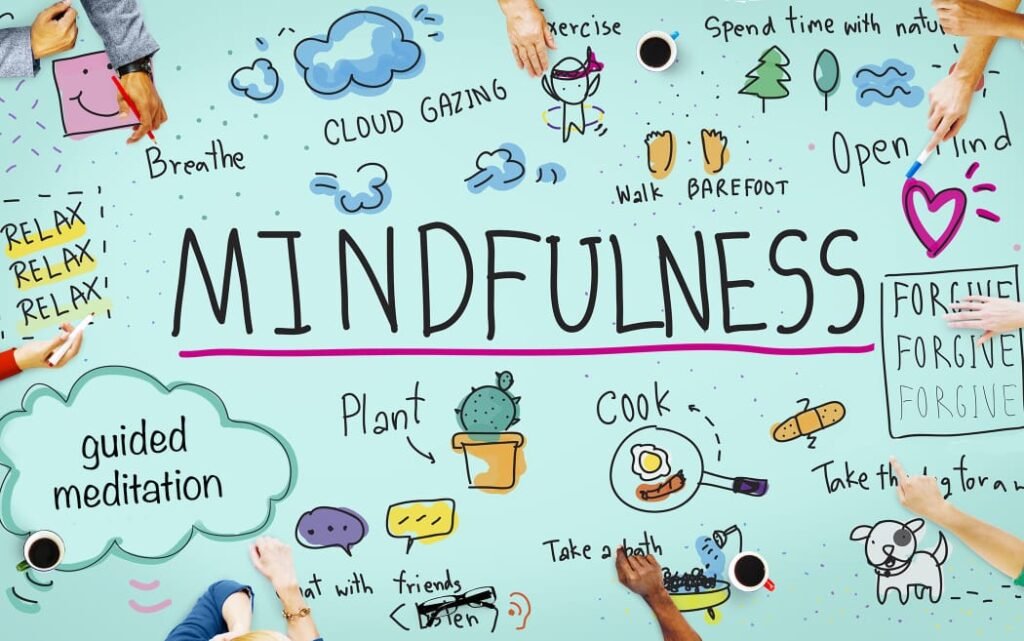
Mindfulness and meditation can help you develop greater self-awareness and emotional regulation, both of which are important for self-confidence. By staying present and focused, you can reduce anxiety and negative self-talk, leading to a more positive self-image.
Action Step:
Incorporate mindfulness or meditation into your daily routine, even if it’s just for a few minutes each day. Apps like Headspace or Calm can provide guided meditations to help you get started.
12. Engage in Activities That Make You Happy

Engaging in activities that bring you joy can have a positive impact on your self-confidence. When you do things you love, you’re more likely to feel fulfilled and content, which can translate into greater self-esteem.
Action Step:
Make a list of activities that bring you happiness, whether it’s spending time with loved ones, pursuing a hobby, or exploring nature. Make time for these activities regularly, and notice how they affect your overall mood and confidence.
13. Visualise Your Success

Visualisation is a powerful tool that can help you build confidence by mentally rehearsing your success. By vividly imagining yourself achieving your goals, you can create a sense of certainty and preparedness that can translate into real-world success.
Action Step:
Spend a few minutes each day visualizing yourself succeeding in a specific area where you want to boost your confidence. Imagine how you’ll feel, what you’ll do, and how others will respond. The more detailed your visualization, the more effective it will be.
14. Take Responsibility for Your Life

Taking responsibility for your life and your actions is an essential component of self-confidence. When you acknowledge that you are in control of your decisions and their outcomes, you empower yourself to make positive changes.
Action Step:
Reflect on areas of your life where you may be blaming others or external circumstances for your lack of confidence. Take ownership of these areas and identify steps you can take to regain control.
15. Limit Social Media Use
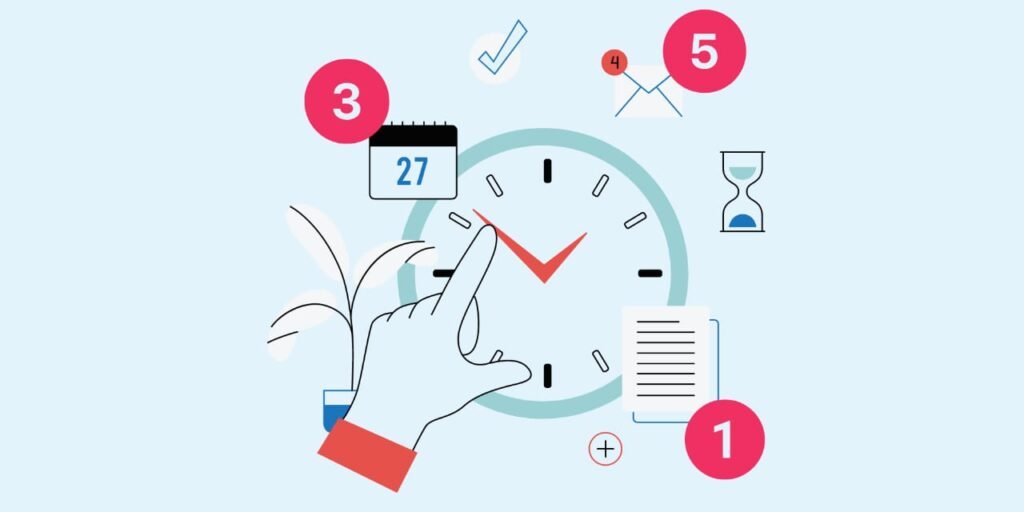
Social media can be a double-edged sword when it comes to self-confidence. While it can provide inspiration and connection, it can also lead to comparisons and feelings of inadequacy. Limiting your social media use can help you focus on your own life and accomplishments rather than constantly comparing yourself to others.
Action Step:
Set boundaries for your social media use, such as limiting the amount of time you spend on these platforms or unfollowing accounts that make you feel insecure. Instead, focus on engaging with content that uplifts and inspires you.
HANDLING SETBACKS:-
Handling setbacks is an essential skill for personal and professional growth. Setbacks are an inevitable part of life, but how you respond to them can significantly influence your future success. Here are some strategies to help you effectively manage and bounce back from setbacks:
1. Acknowledge Your Feelings

When faced with a setback, it’s normal to feel disappointed, frustrated, or even angry. Rather than suppressing these emotions, allow yourself to experience them. Acknowledging your feelings is the first step toward processing the setback in a healthy way.
**Action Step:**
Give yourself permission to feel whatever emotions arise. Take some time to sit with these feelings without judgement, whether it’s through journaling, talking to a friend, or simply reflecting.
2. Take Responsibility Without Self-Blame

t’s important to take responsibility for your role in a setback without falling into the trap of self-blame. Recognize what you could have done differently, but avoid harsh self-criticism. Holding yourself accountable in a balanced way can lead to personal growth without damaging your self-esteem.
**Action Step:**
Reflect on the situation objectively. Identify any areas where you could have made different choices, but also recognize factors outside your control. Focus on what you can change moving forward.
3. Develop a Plan for Moving Forward

After processing the setback, it’s crucial to develop a plan to move forward. This involves setting new goals, adjusting your approach, and determining the next steps. Having a clear plan can help you regain a sense of control and direction.
**Action Step:**
Outline a step-by-step plan to address the setback. Break it down into actionable tasks, and set a timeline for when you want to achieve each step. This will help you stay focused and motivated as you move forward.
4. Focus on What You Can Control
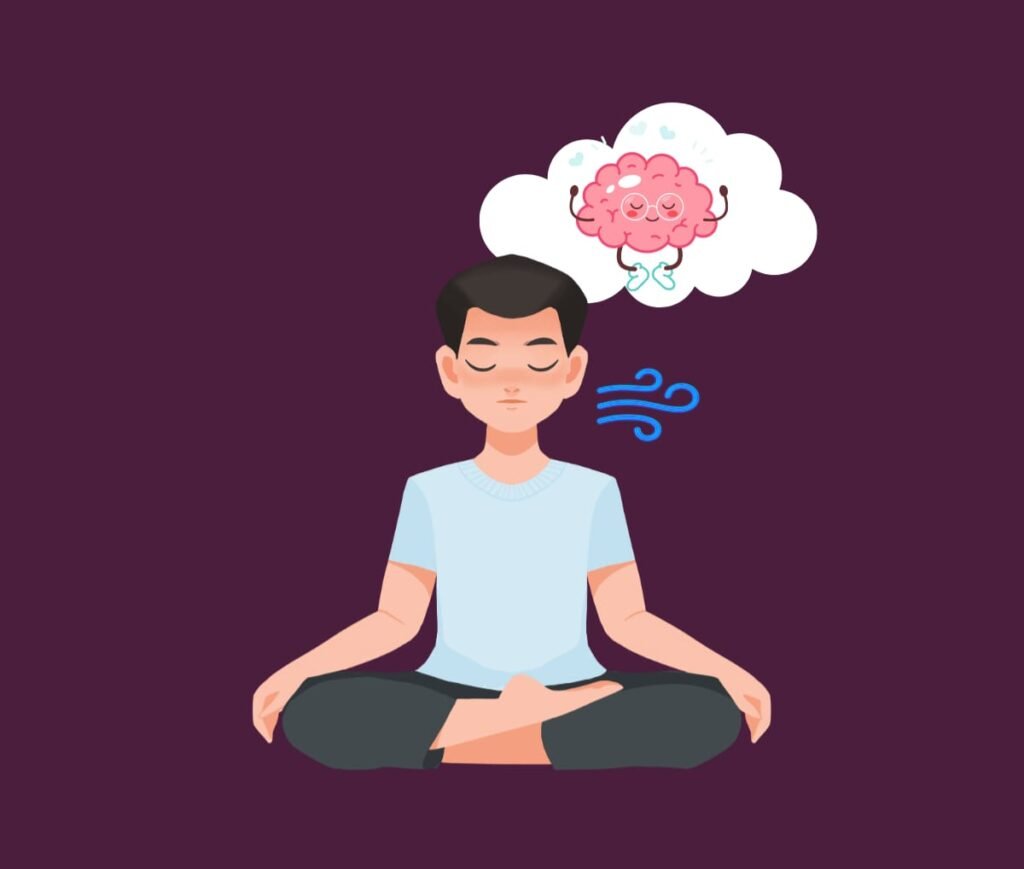
Setbacks often involve factors beyond your control. Instead of dwelling on these, focus on what you can influence. Concentrating on controllable aspects allows you to take proactive steps and regain a sense of empowerment.
**Action Step:**
Identify the elements of the situation that you can control, such as your response, your attitude, and your future actions. Channel your energy into these areas, and let go of what you cannot change.
5. Celebrate Small Wins

After experiencing a setback, it’s important to recognize and celebrate small wins as you work your way back. Acknowledging progress, no matter how minor, can boost your morale and motivation.
**Action Step:**
Set small, achievable goals as you recover from the setback. Celebrate each accomplishment, no matter how small, to reinforce your progress and keep your spirits high.
CONCLUSION
Building self-confidence is a journey that requires time, effort, and patience. By implementing these strategies, you can gradually strengthen your self-esteem and empower yourself to reach your full potential. Remember, self-confidence is not about being perfect or never experiencing self-doubt. It’s about believing in your ability to handle whatever comes your way and trusting that you have the skills, resilience, and determination to succeed.
Start small, be consistent, and watch as your confidence grows, enabling you to live a more fulfilling and authentic life.
For BUYING KITCHEN UTENSILS-CLICK HERE
Follow Our Youtube Channel-CLICK HERE
FOLLOW OUR FACEBOOK PAGE-CLICK HERE
FOLLOW OUR FACEBOOK GROUP-CLICK HERE